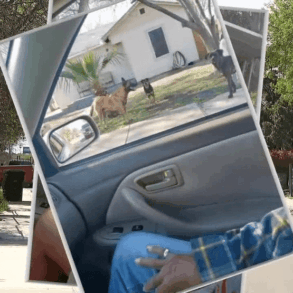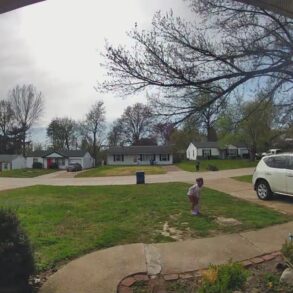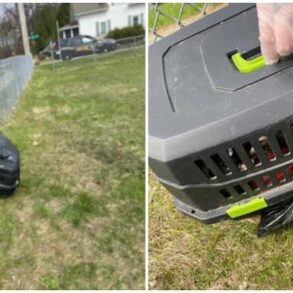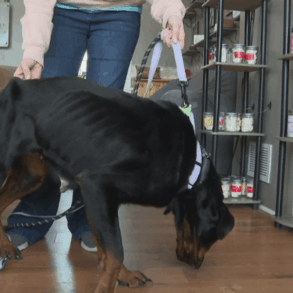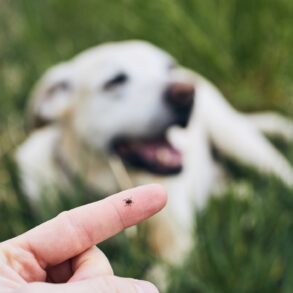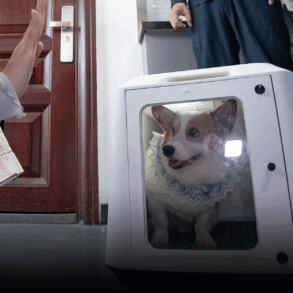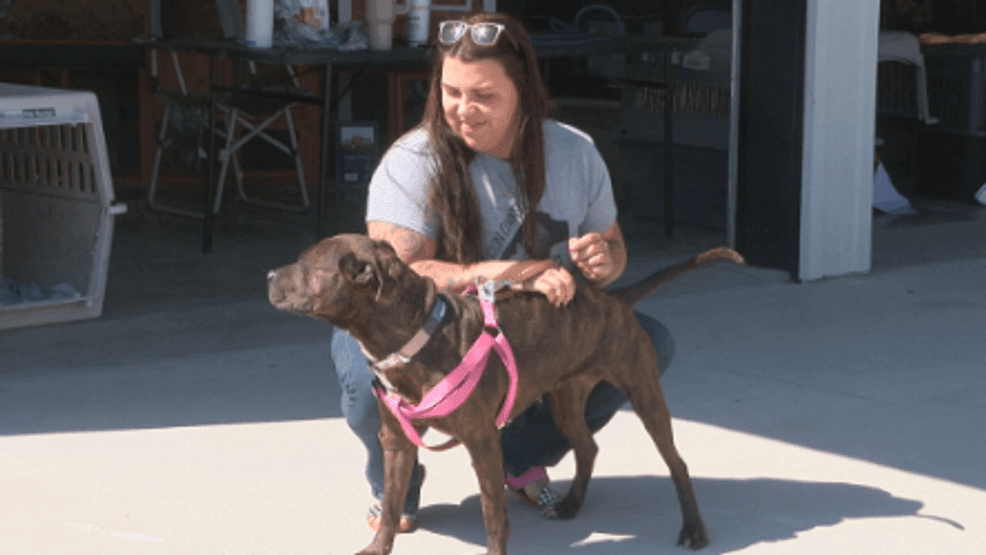
MARION COUNTY, S.C. (WPDE) — South Carolina is among the top three states in the nation with the highest heartworm infection rate.
As summer approaches, the Marion County Animal Shelter expects to see a rise in heartworm disease cases.
Heartworm disease is a severe and sometimes fatal condition caused by parasitic worms transmitted through mosquitoes.
Once inside a dog’s system, heartworms can grow up to a foot long in size and lodge in the heart, lungs and blood vessels, which may lead to heart failure and organ damage.
One of the shelter’s dogs, Eve, died Tuesday morning due to a blood clot caused by long-term heartworm illness.
TODAY: Warrant released in arrest of Florence man on allegations of possessing explicit material
The shelter said they were unable to provide the intensive heartworm treatment she needed because they don’t have any space at the shelter quiet enough to safely treat heartworm-positive dogs.
The shelter’s director, Breanna Courcy, said this is an epidemic for dogs.
“Heartworms are definitely an epidemic in the south, my shelter takes in 800 annually, and over 80 percent of those are going to be heartworm positive,” Courcy said.
Treatment lasts over several weeks and can be provided upon adoption, costing $300.
“As the shelter has cost us right about $300 for a person and individual you’re looking from anywhere from $900 to $2500 depending on the size of your dog what area you live in or what options are available to you so it’s definitely something to stay on top of,” Courcy said.
Doxycycline is used for 30 days along with injections of prednisone over several days, but can take up to three to six months for a test to not show as positive.
The shelter is now in the process of raising money to have a small building strictly for heartworm recovery.
This space would be quiet, climate-controlled and ultimately increase the number of dogs the shelter can treat each year.
Courcy says right now it is nearly impossible to treat all of the positive cases they receive at the shelter but have nearby rescue partners that can treat some of them.
You can support their efforts with this link.
This post was originally published on this site be sure to check out more of their content.







